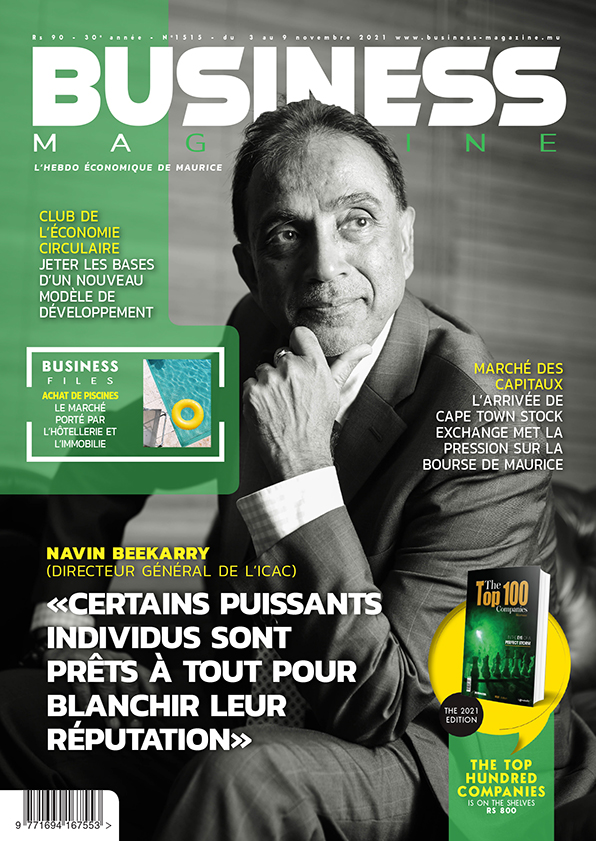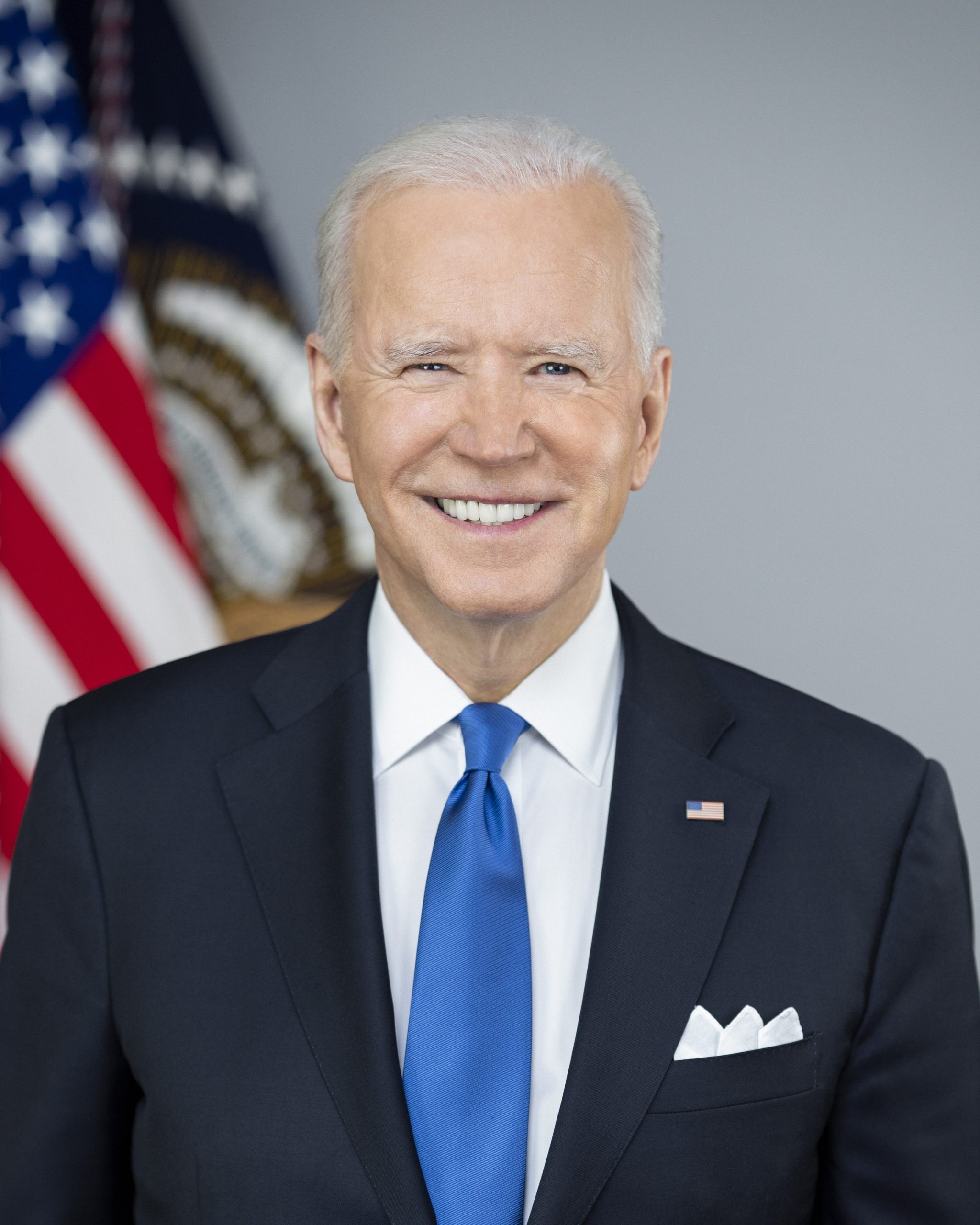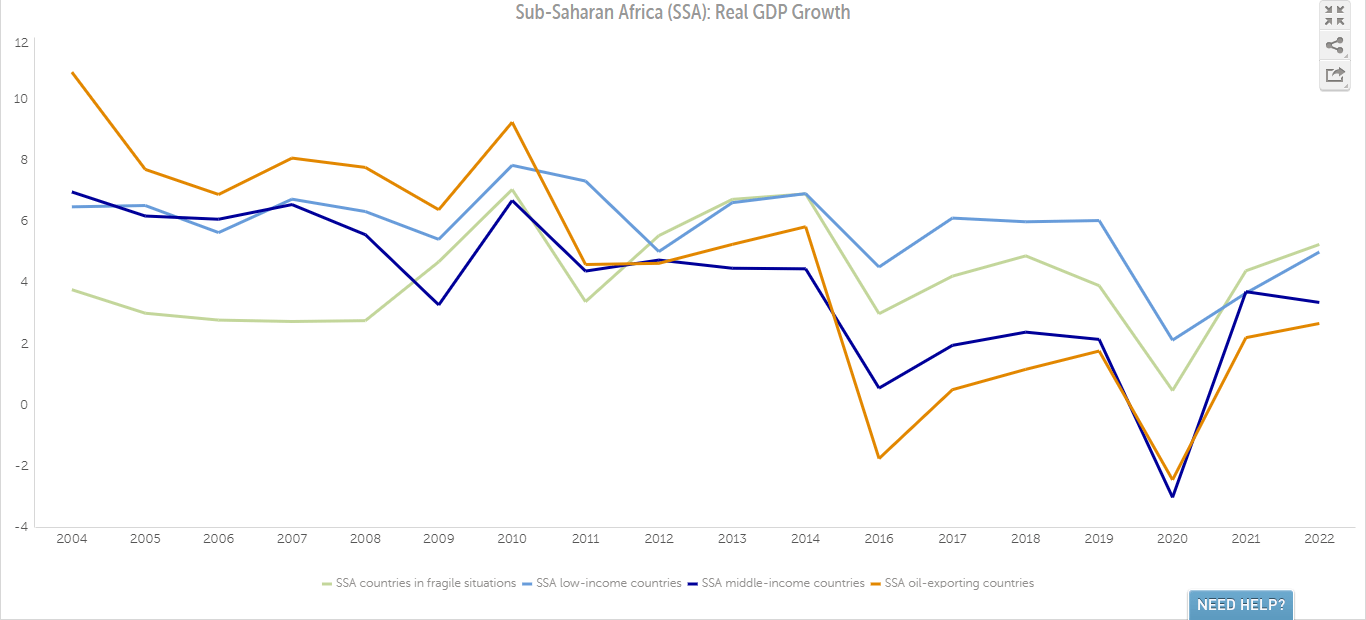Financial Services in Africa – the scope for Mauritius
Share

The African story till recently reminds us of the Eldorado the Far West represented in the mid 1800’s. Till just three decades ago, Africa was prized for its mineral resources - a venture foreign investors with particularly high egos (and matching pocket depths) would go on, in anticipation of the high and often elusive rewards.
Fast forward to today. While Africa is still known for its extractive industry the trends today show a growing middle class. With hundreds of new cities mushrooming across the continent, millions of Africans are getting an education and moving away from subsistence farming in search for urban lifestyles.
As the African consumer becomes more sophisticated, so does their need for financial products and services. Herein lies a great opportunity for Mauritius. But are we taking full advantage of such opportunities? Beyond the guts, do we have the knowledge and clout it takes? Viewed differently, can we afford not to be Africa centric in our national or corporate strategies, hoping things will somehow fall in place?
Perhaps the question to ask is this: can we repeat for Africa what we have done for India, through our offshore sector? Well, for a start, India is one country, and Africa is 54. Clearly, the same approach would not work.
Meanwhile, the rest of the world is investing big time into Africa. All the major technology multinationals are competing vigorously for market share across most of Africa, with a strong focus in Kenya, Nigeria, Ghana, Angola, Mozambique and Ethiopia. The Maghreb countries have also seen significant investments, albeit dampened in the midst of the Arab Spring. Major European operators are already in Africa and investing big in renewable energy. Grade A shopping malls are growing everywhere, with major real-estate funds are driving the growth through the necessary capital to capture those opportunities.
China is investing massively in infrastructure, the extractive industry, as well as agriculture. India is already investing in acquisitions in the telecommunications sector.
To support such a flurry of investment activity is no small feat, be it from a coordination or compliance perspective. The foreign investors often see Africa as one region, with certain strategic spots worth investing in. Many of these spots have a shortage of skilled labour, and it can be a formidable challenge navigating the widely varying local compliance rules.
This is an opportunity for our financial services industry to seize. Beyond being the base from which others act as investment holding companies, we have the bilingual ability to navigate local complexities better than the likes of US or France. Ha-ving an educated labour force here means we can export our skills to those countries who need it, until such time as they build their own.
We see a few multinational setting up their African Regional Headquarters in Mauritius, but we have barely scraped the surface in that area. To attract top global talent, we need to invest in lifestyle experiences, and a much wider availability of world class education, health facilities, entertainment, and significantly increased air access. Kenya is the portal to East Africa, and we only have two direct flights a week to Nairobi.
Our banks are doing relatively well in a few African countries, and the major accounting firms are leveraging their networks in Africa to relocate some back office compliance work to Mauritius. How then do we really up the ante for our Africa agenda?
We need closer government and private sector cooperation. Suppor-ting micro enterprise and SME’s is excellent for job creation, but we need to think regional and global. The instructional design of our tertiary courses would have to be adapted to develop our younger generations better so they can fully avail of African opportunities. Relationships will have to be built and nurtured today, for the be-nefit of future generations. Stronger trade blocks will need to emerge, akin to the likes of the EU, freeing up the movement of labour across borders. Immigration barriers and corruption make Africa a difficult bet, but still.
How much does our local business community know about investing in Africa? How keen are our young people today to live and work in Africa?
The 3rd Africa Congress of Accountants in co-ming to Mauritius in May 2015. This landmark event will see around 1,000 professionals from the continent discuss how the accounting profession can help Africa rise up to the legitimate expectations of its people. Will this event be the one that sparks a paradigm shift? Shall our actions do justice to our vision of making Mauritius the African financial services hub? The opportunity is ours to seize.









